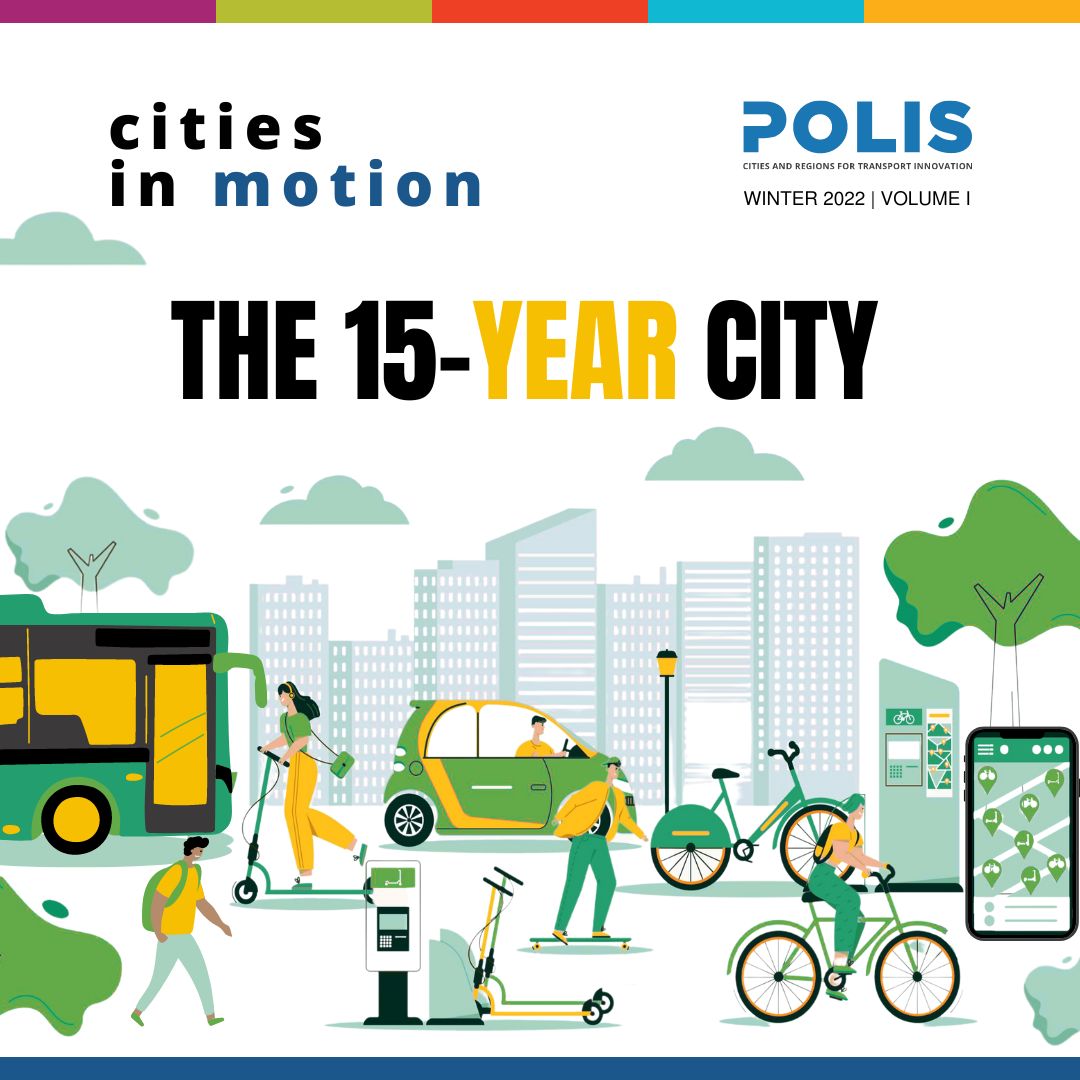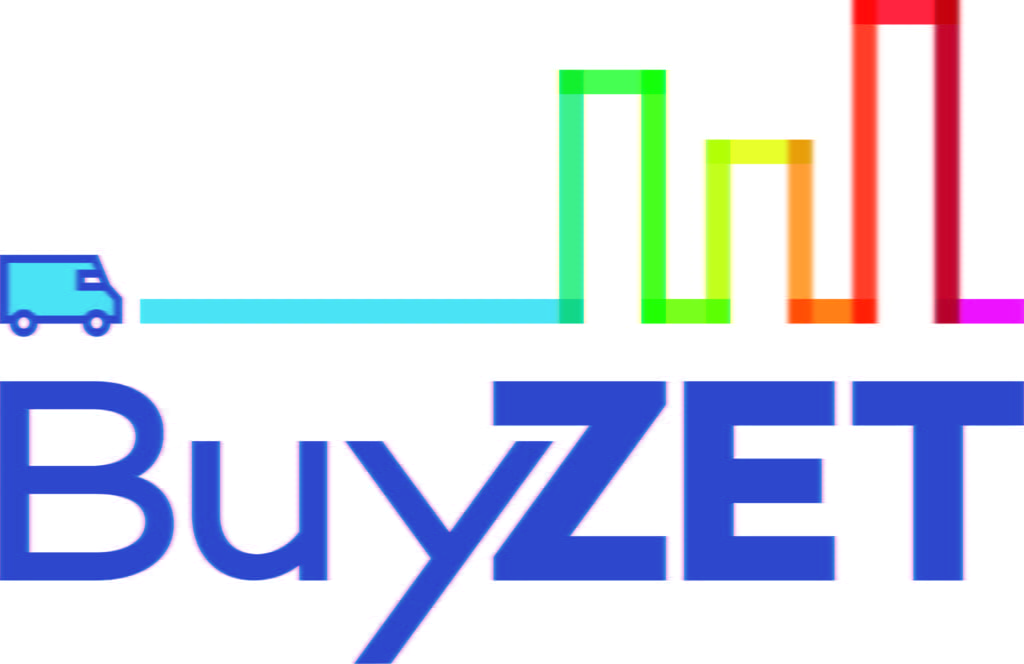Procurement
A substantial portion of motorised trips in cities involves the transport of goods and the delivery of public services, which contributes significantly to traffic congestion and environmental pollution. Cities aiming to minimise these impacts are setting ambitious goals to achieve zero-emission deliveries.
One effective approach is to incorporate environmental criteria into public procurement processes, encouraging the use of zero-emission vehicles (ZEVs) and other sustainable urban delivery solutions. Given the variety of stakeholders involved in public procurement, maintaining a continuous dialogue with market players and public authorities is essential.
POLIS involvement
Through its Urban Freight Working Group, POLIS supports members in advancing sustainable procurement strategies. Additionally, POLIS was engaged in the EU-funded project LEAD, which assists cities in developing zero-emission last-mile delivery models through Digital Twin technology. Cities like Madrid, Budapest, and Oslo utilised LEAD’s tools to simulate logistics networks and test the effectiveness of ZEV deployment within procurement frameworks.
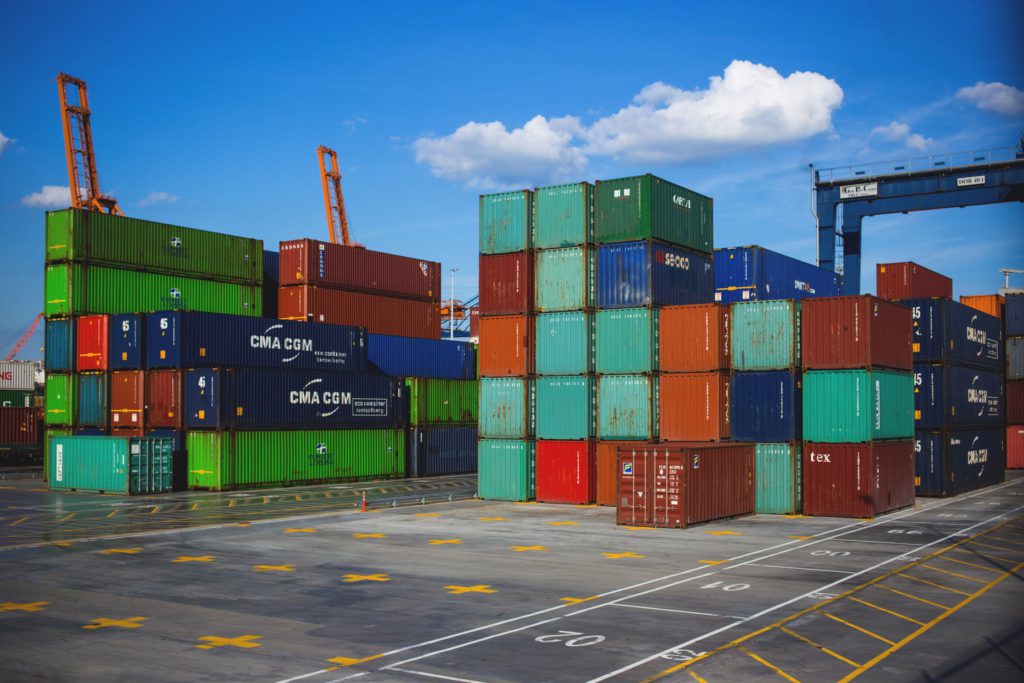
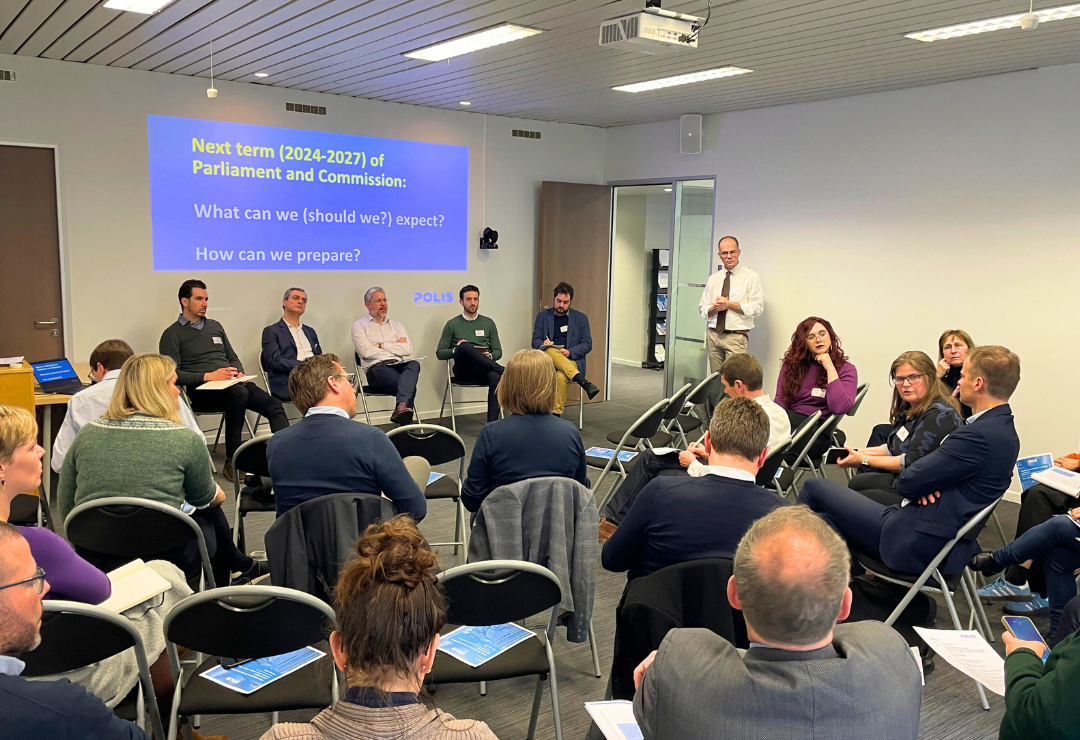
POLIS’ manifesto for the European elections goes live at the Brussels Bubble Band meeting
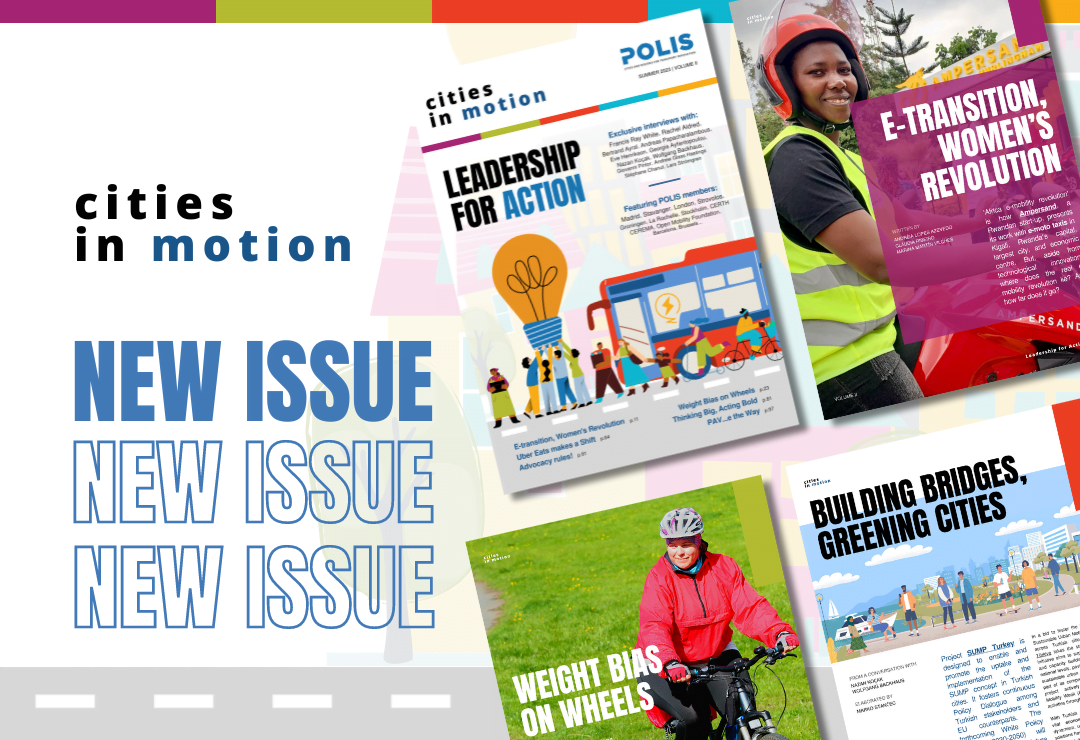
POLIS publishes second volume of magazine Cities in motion!
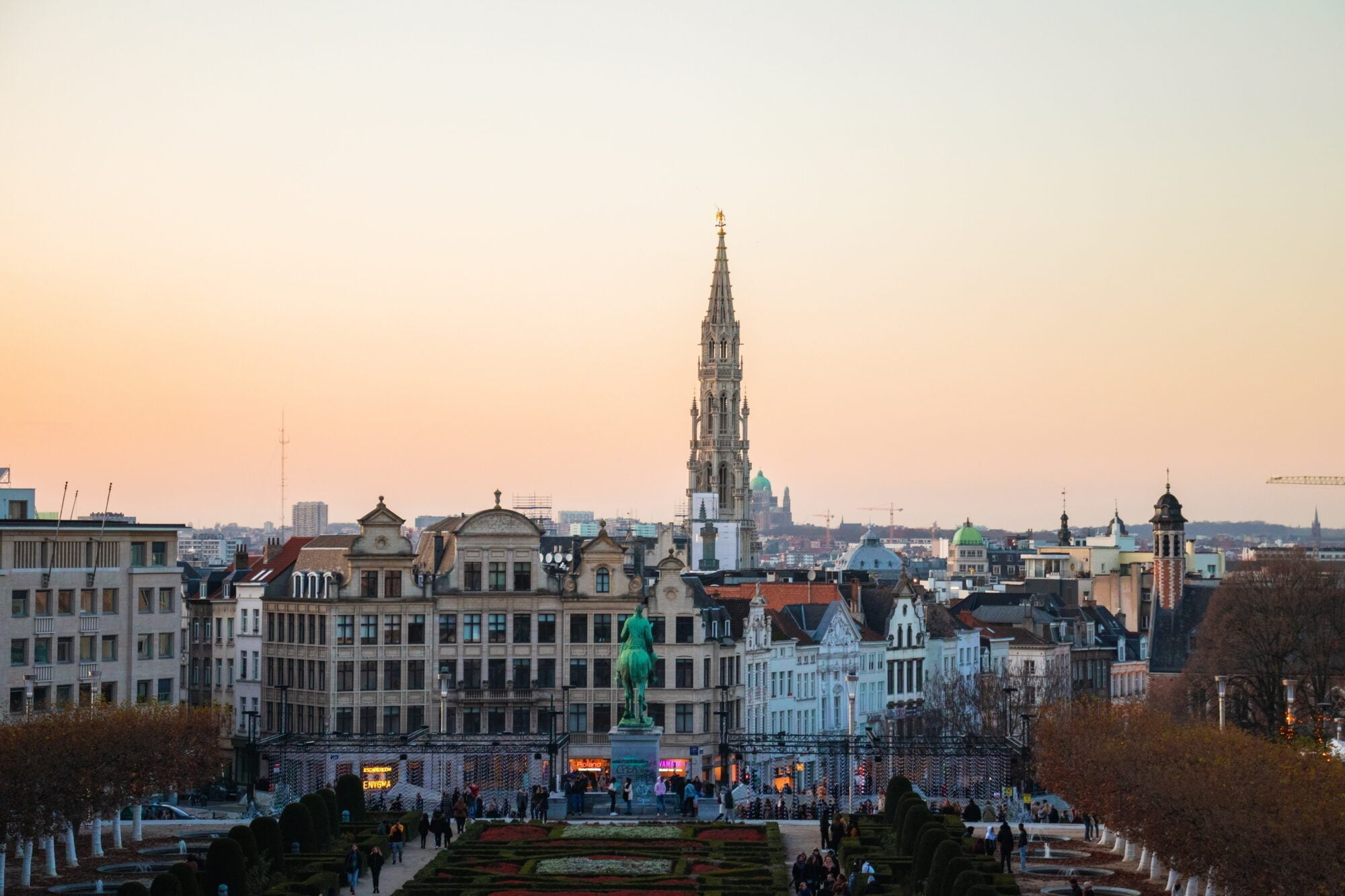
POLIS’ Brussels Bubble Band meets again
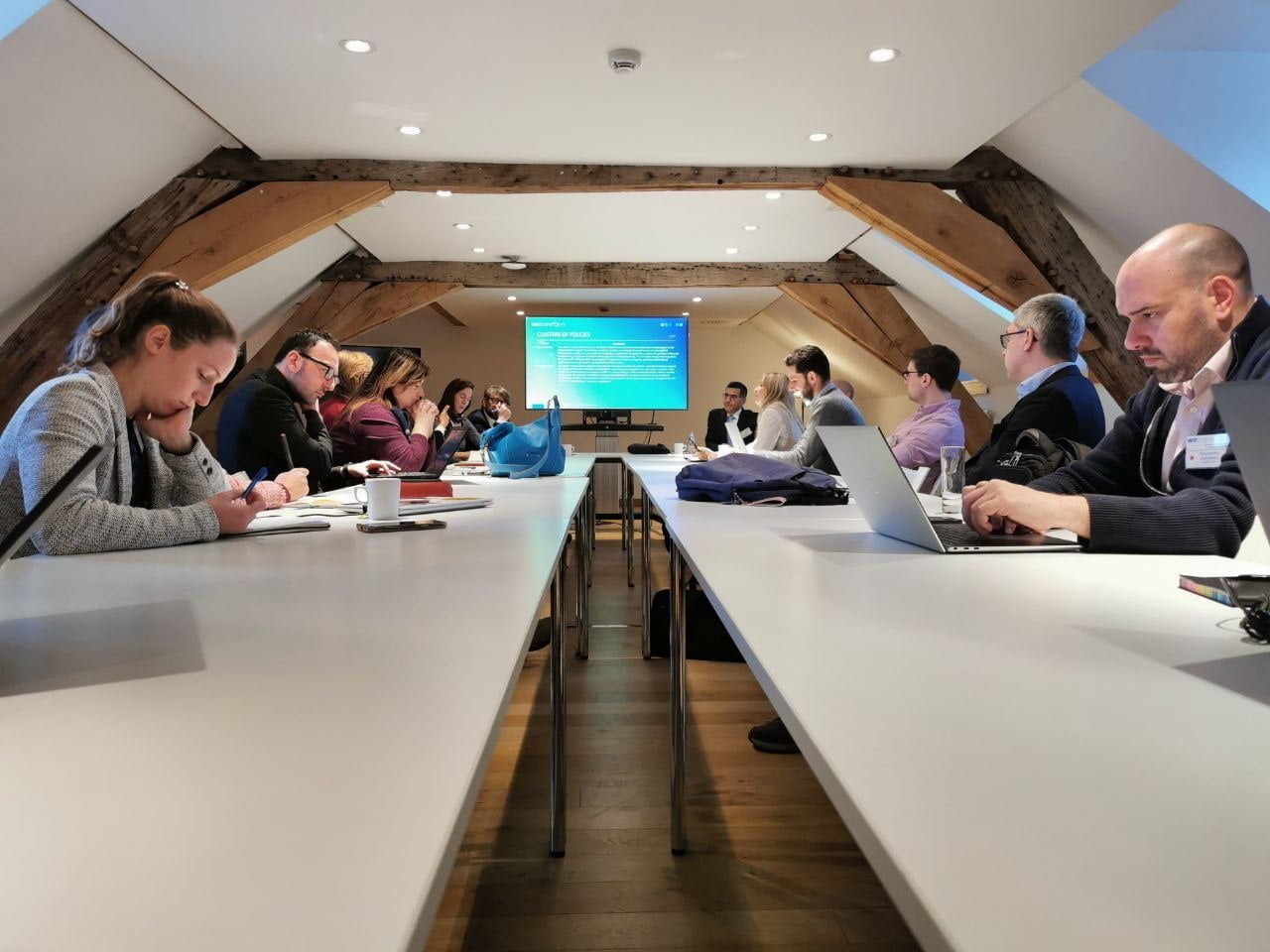
WE-TRANSFORM shares report of 4th Stakeholder Forum Workshop in Brussels

The EU passed a vote to curb the use of bogus employment practices by online platforms
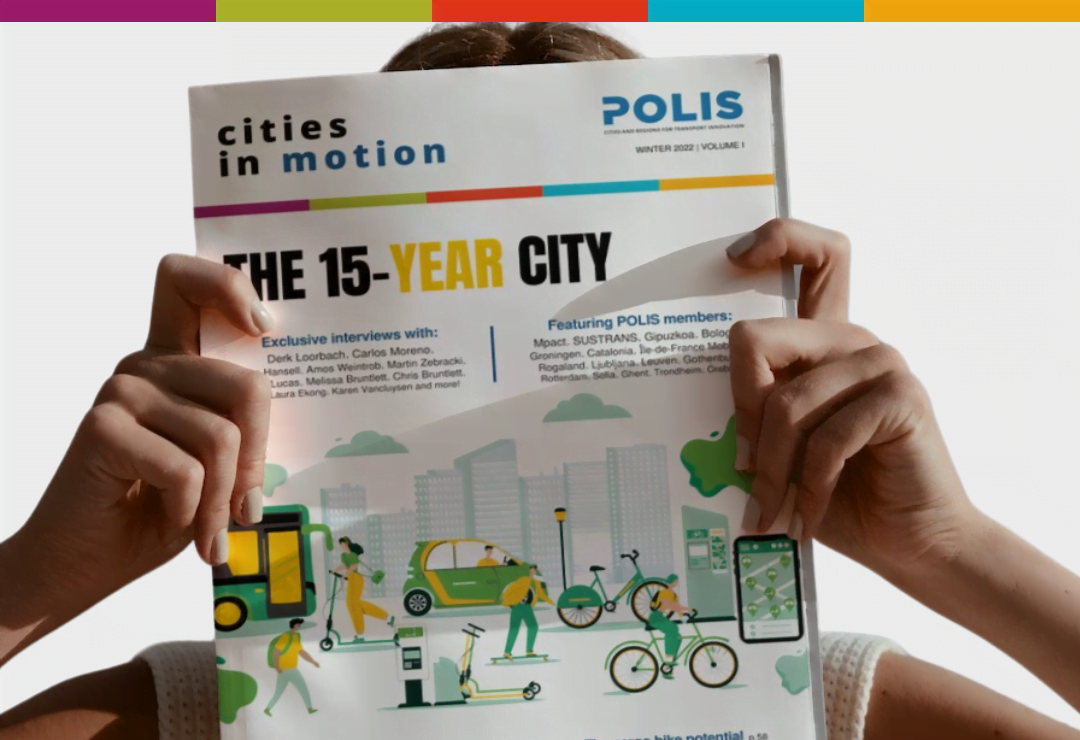
POLIS unveils its brand-new magazine ‘Cities in motion’!
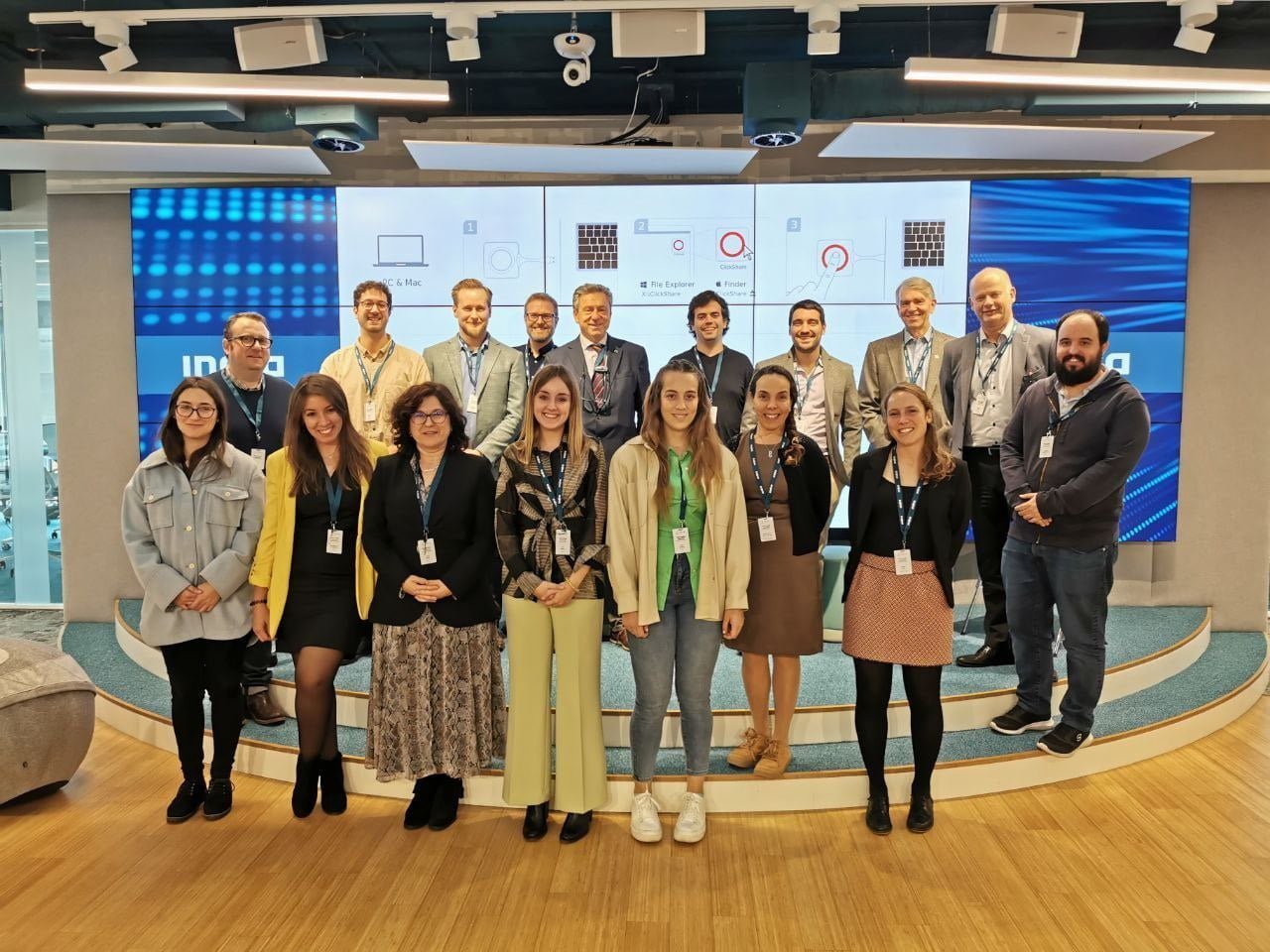
Report and highlights on USEPE final ConOps workshop
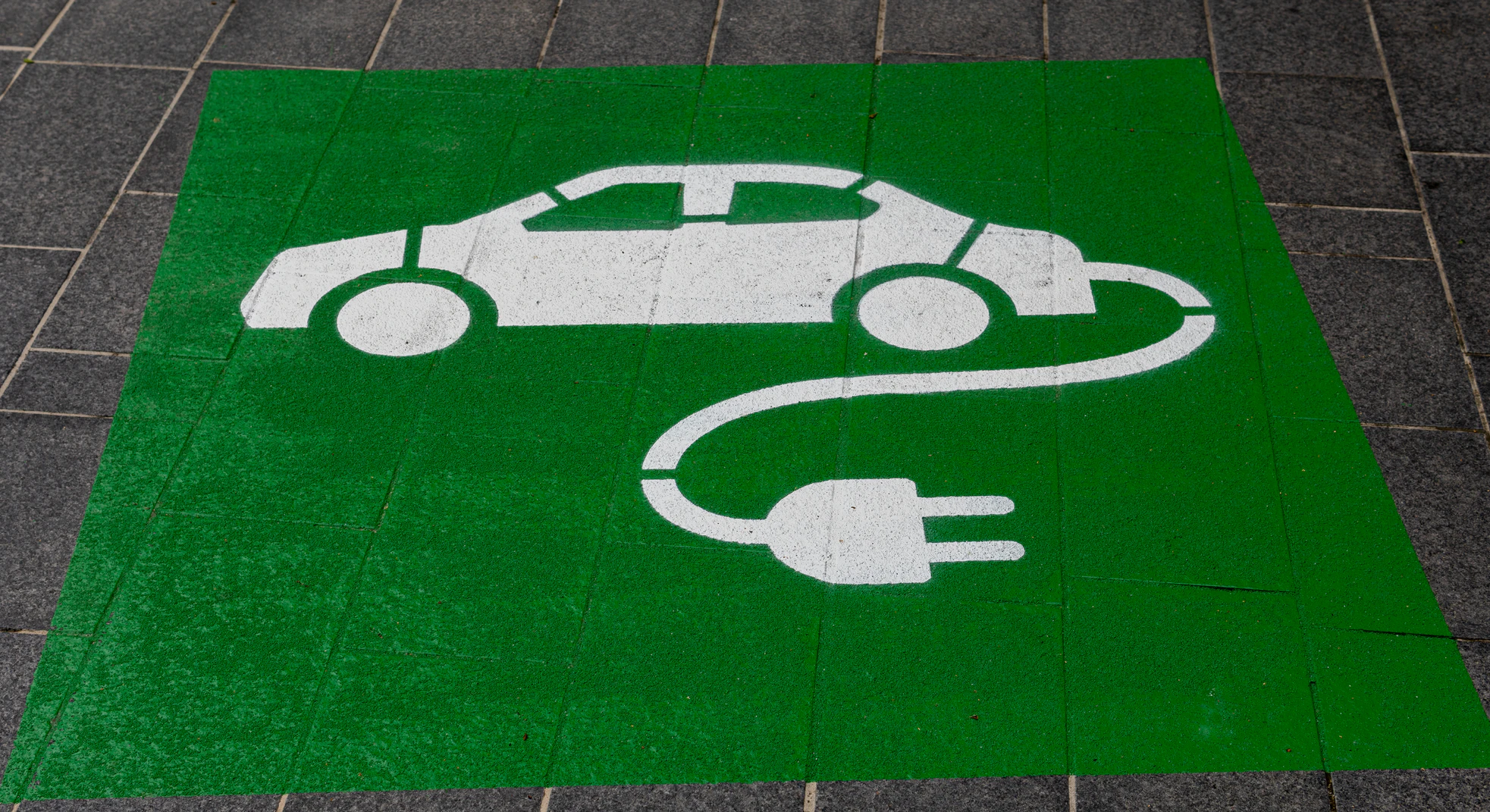
EIB releases contract guide for uptake of electric mobility
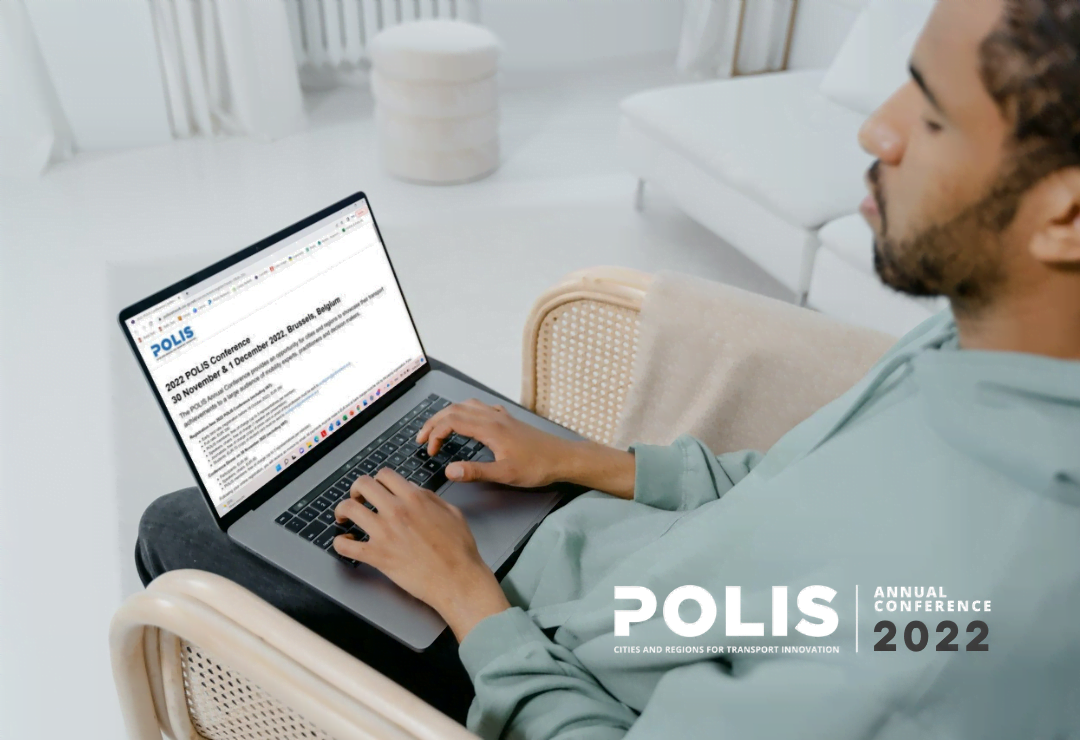
Registration for the Annual POLIS Conference 2022 is now open!
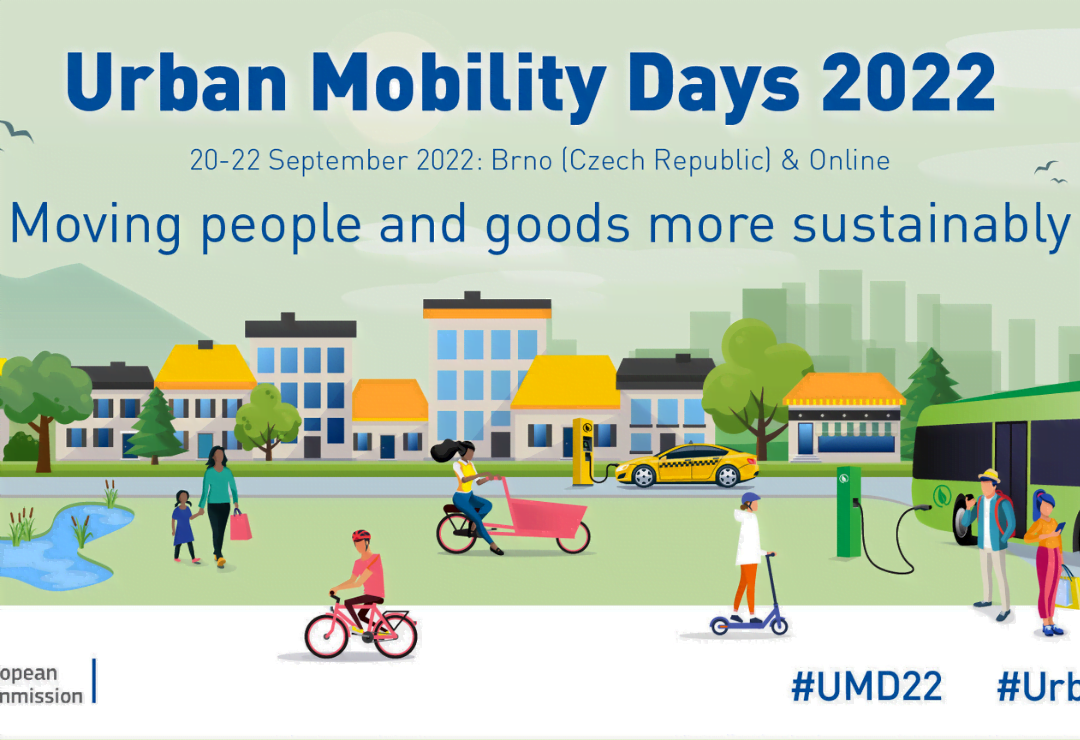
Registrations for Urban Mobility Days 2022 are now open
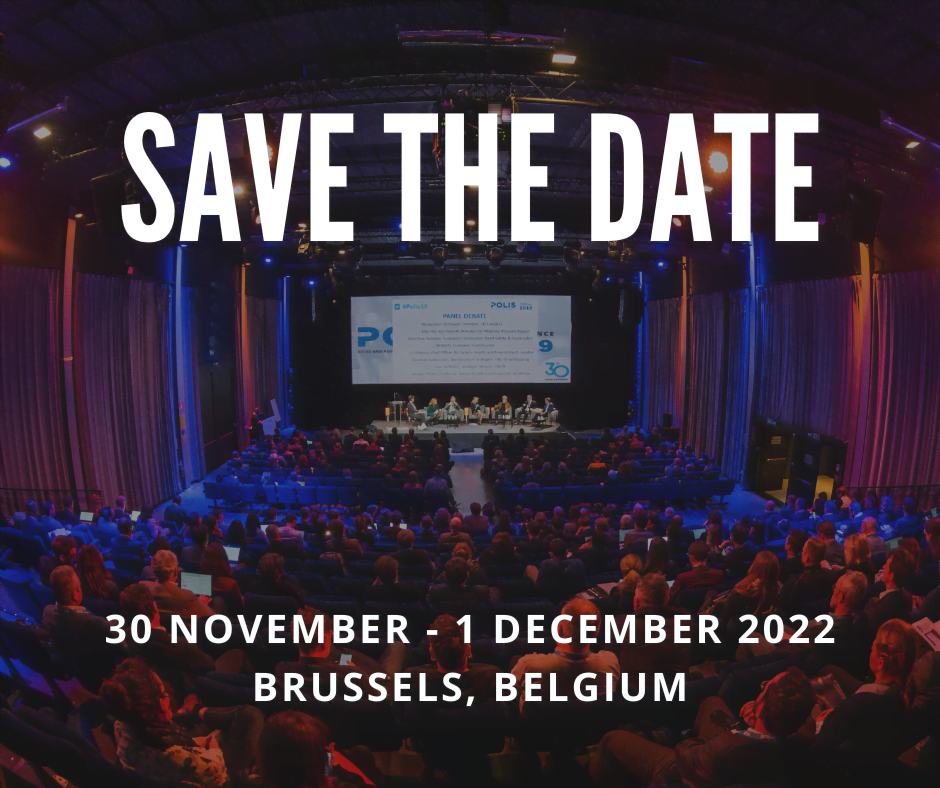
SAVE THE DATE for the Annual POLIS Conference 2022
Application to the Procura+ Awards 2020 is now open
Cities can apply now to join next SUMP learning programme
- Related Events
- Related Documents
- Related Projects
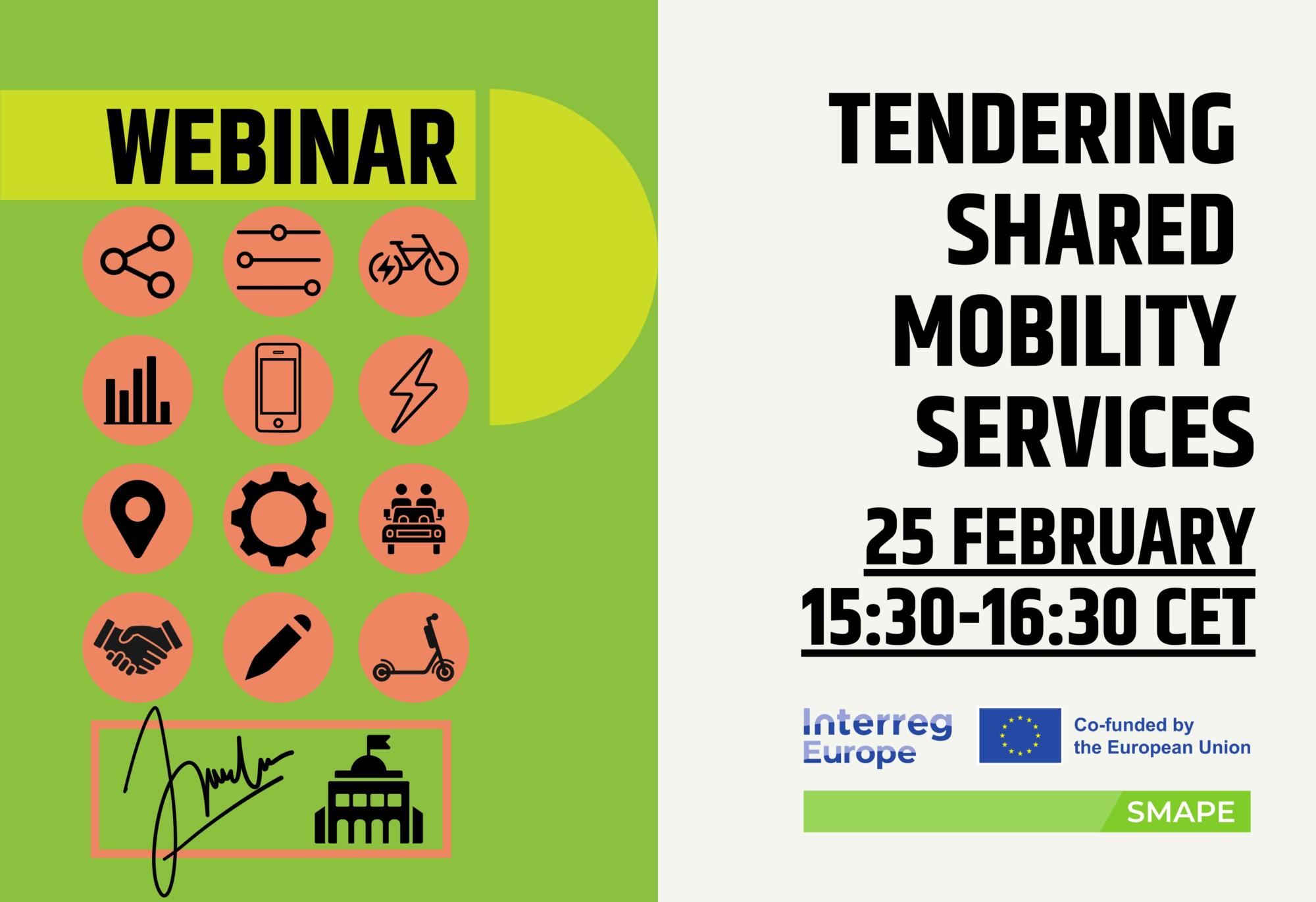
SMAPE Webinar: Tendering Shared Mobility Services

SCALE 3rd Bidirectional Cities Event: Cities’ needs and priorities for smart and bidirectional EV infrastructure
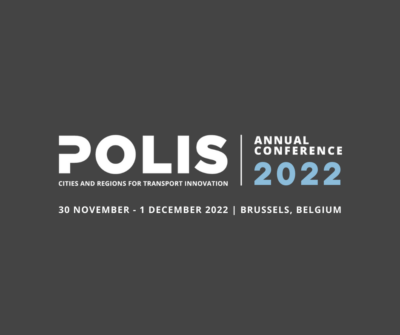
2022 Annual POLIS Conference

Urban Mobility Days 2022
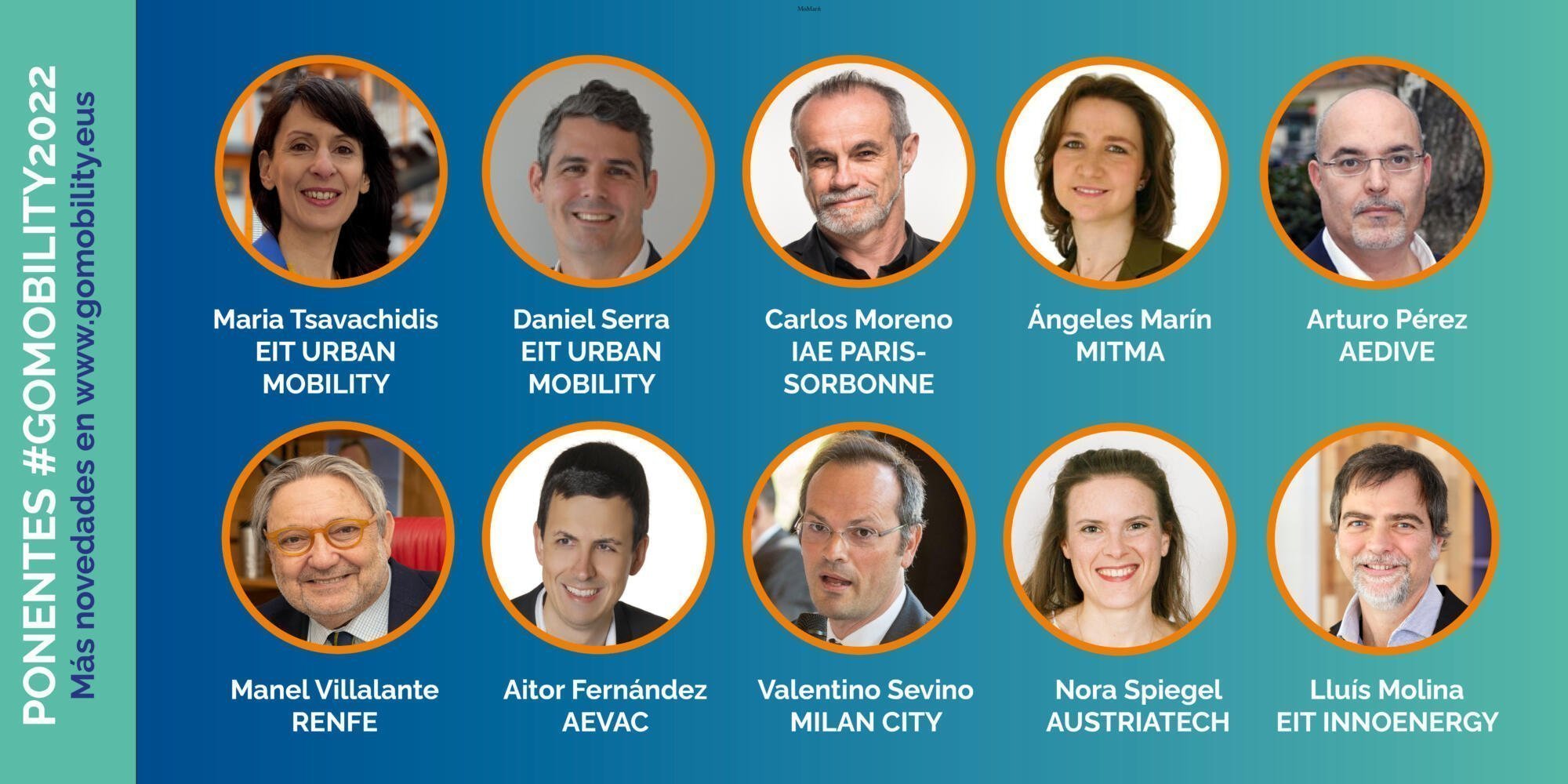
Go Mobility by MUBIL Tradeshow

BuyZET Final event
ECOVATION 2018 – Innovation and Sustainability in Public Procurement
Webinar: ISA in Procurement of Public Transport (1h)
EcoProcura 2018 – Sustainable, Circular and Innovative Procurement
3rd Global Procurement Conference
POLIS Manifesto for the 2024 European Elections
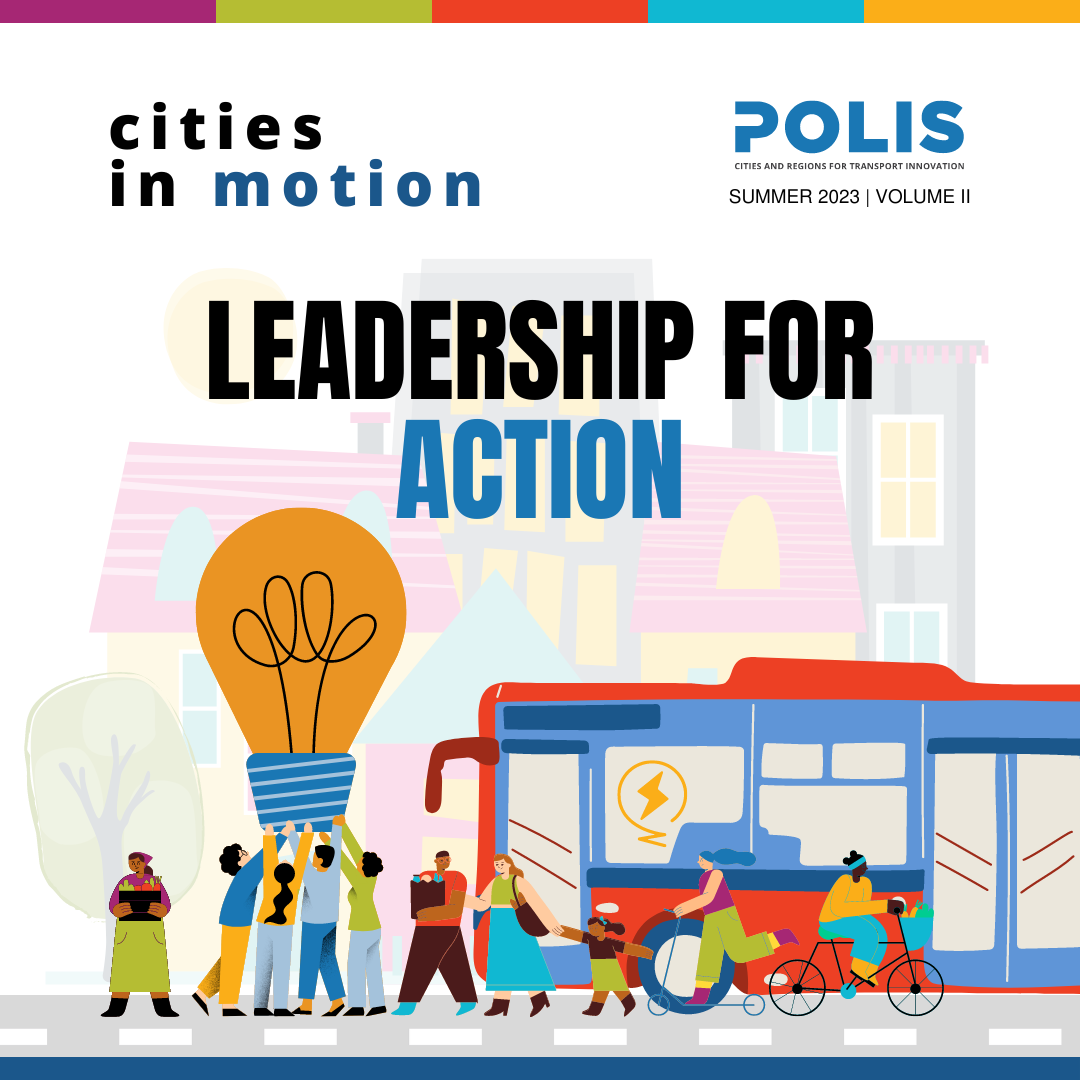
Cities in motion – Volume II: ‘Leadership for action’
